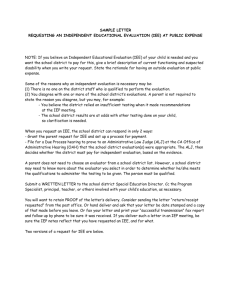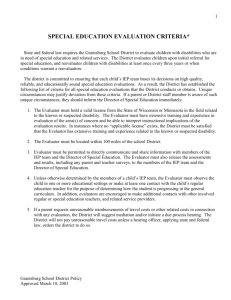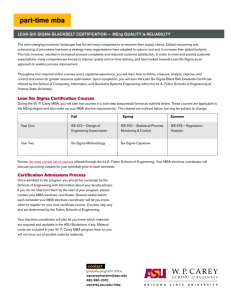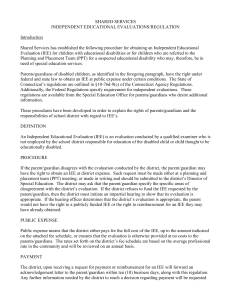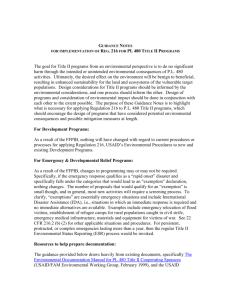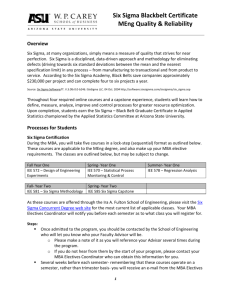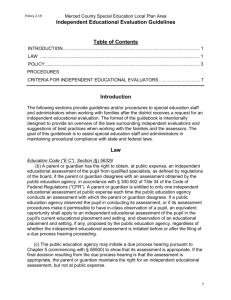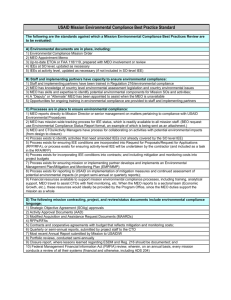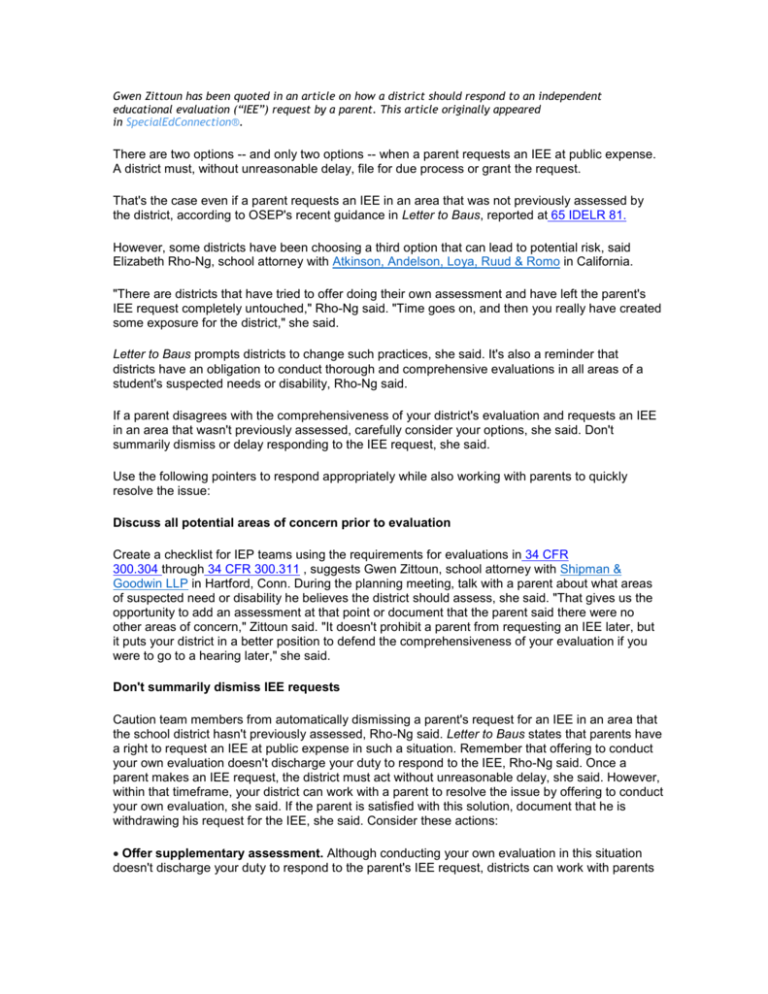
Gwen Zittoun has been quoted in an article on how a district should respond to an independent
educational evaluation (“IEE”) request by a parent. This article originally appeared
in SpecialEdConnection®.
There are two options -- and only two options -- when a parent requests an IEE at public expense.
A district must, without unreasonable delay, file for due process or grant the request.
That's the case even if a parent requests an IEE in an area that was not previously assessed by
the district, according to OSEP's recent guidance in Letter to Baus, reported at 65 IDELR 81.
However, some districts have been choosing a third option that can lead to potential risk, said
Elizabeth Rho-Ng, school attorney with Atkinson, Andelson, Loya, Ruud & Romo in California.
"There are districts that have tried to offer doing their own assessment and have left the parent's
IEE request completely untouched," Rho-Ng said. "Time goes on, and then you really have created
some exposure for the district," she said.
Letter to Baus prompts districts to change such practices, she said. It's also a reminder that
districts have an obligation to conduct thorough and comprehensive evaluations in all areas of a
student's suspected needs or disability, Rho-Ng said.
If a parent disagrees with the comprehensiveness of your district's evaluation and requests an IEE
in an area that wasn't previously assessed, carefully consider your options, she said. Don't
summarily dismiss or delay responding to the IEE request, she said.
Use the following pointers to respond appropriately while also working with parents to quickly
resolve the issue:
Discuss all potential areas of concern prior to evaluation
Create a checklist for IEP teams using the requirements for evaluations in 34 CFR
300.304 through 34 CFR 300.311 , suggests Gwen Zittoun, school attorney with Shipman &
Goodwin LLP in Hartford, Conn. During the planning meeting, talk with a parent about what areas
of suspected need or disability he believes the district should assess, she said. "That gives us the
opportunity to add an assessment at that point or document that the parent said there were no
other areas of concern," Zittoun said. "It doesn't prohibit a parent from requesting an IEE later, but
it puts your district in a better position to defend the comprehensiveness of your evaluation if you
were to go to a hearing later," she said.
Don't summarily dismiss IEE requests
Caution team members from automatically dismissing a parent's request for an IEE in an area that
the school district hasn't previously assessed, Rho-Ng said. Letter to Baus states that parents have
a right to request an IEE at public expense in such a situation. Remember that offering to conduct
your own evaluation doesn't discharge your duty to respond to the IEE, Rho-Ng said. Once a
parent makes an IEE request, the district must act without unreasonable delay, she said. However,
within that timeframe, your district can work with a parent to resolve the issue by offering to conduct
your own evaluation, she said. If the parent is satisfied with this solution, document that he is
withdrawing his request for the IEE, she said. Consider these actions:
Offer supplementary assessment. Although conducting your own evaluation in this situation
doesn't discharge your duty to respond to the parent's IEE request, districts can work with parents
to try to find a solution that will resolve the issue, Zittoun said. "The IDEA contemplates working
with parents and families before heading to due process," she said.
If parent agrees to supplementary assessment, document withdrawal of IEE
request. Remember that the clock is ticking on the parent's original IEE request even if you offer a
supplementary assessment, Rho-Ng said. "A district can't put due process on hold for three months
to explore other options," she said. However, if within a reasonable timeframe, the parent and
district do agree to allow the district to conduct its own assessment into the specific area, document
that the parent withdraws her IEE request, advised Rho-Ng and Zittoun.
"It ensures that you don't have any other concomitant concerns that go with the IEE request,
meaning file for due process or pay for a private evaluation," Rho-Ng said.
Jennifer Herseim covers Section 504, IEP teams, and Common Core issues related to special
education for LRP Publications.
July 20, 2015.
Reprinted with Permission from: SpecialEdConnection®. Copyright © 2015 by LRP Publications, 360 Hiatt
Drive, Palm Beach Gardens, FL 33418. All rights reserved. For more information on this or other products
published by LRP Publications, please call 1-800-341-7874 or visit our website
atwww.specialedconnection.com.
2


